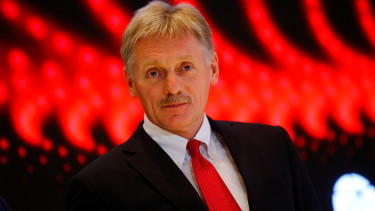Business
Medical heavyweights and hospital chains on pins and needles at Hungary's borders

Attila Végh, former Chairman-CEO at Capio AB, one of Europe's largest hospital chain, is one of the speakers at Portfolio's Private Health Forum 2019 conference today. His key remarks were:
- This is one of the most exciting years for investments in the health care sector. Besides the technology sector this is where investors are now focusing on.
- The Central and Eastern European region is particularly interesting; the rise in income translated into a 20-30% profit growth.
- Brexit greatly hampers the execution of investments, but the de facto recession of Germany is also detrimental to the market, and the trade conflict between the USA and China is also creating uncertianties.
- Investments in health care amounted to USD 4,000 billion in 2018, which was the third-highest figure of the last 40 years. At the same time, it is difficult to determine which phase of the cycle we are currently in.
- In Europe, M&A transactions set a new 10-year record last year, and valuations are also at historic highs. Most companies were sold at double-digit multipliers, and have recently been EV/EBITDAs of 15-20, e.g. at dental chains.
- The largest companies boast EV/EBITDAs of between 7 and 10, but companies with compound annual growth rates (CAGR) of over 10% tend to have multiples in the double digits.
- The shares of several listed companies, however, are under pressure, as they have proven to be underperformers on their respective markets. These include Attendo, Mediclinic, Spire or Tenet.
- The so-called roll-up strategies are popular. The most widely known companies are in the diagnostic imaging and laboratory services segments. Several of them are already unicorns, privately held startup companies valued at over USD 1 billion.
- Apparently, eye care clinic chains are beginning to pop up in Europe. They are mostly specialised in cataract and various other laser surgeries.
- Private equity houses and infrastructural funds carry a particularly large weight among investors. A number of them will enter the Hungarian market sooner or later, but for a lot of them to come health care liberalisation would be required.
- Extremely exciting years await Hungary. A breakthrough can be expected in the area of quality services, transparency and other fields of performance measurement, in which not every player will remain afloat, so we can expect market consolidation.
- Private equity investors and large hospital chains are present in almost every country beyond Hungary's borders, and if liberalisation does take place here, they will enter Hungary too.








